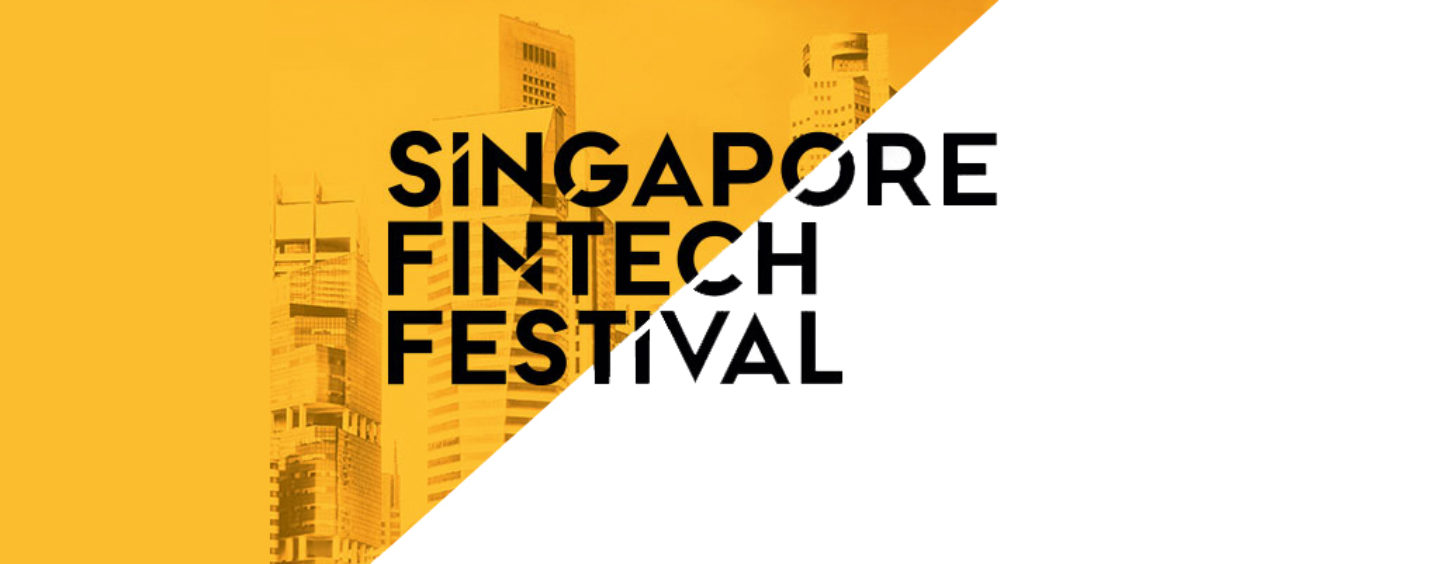
Singapore is recognized as one of the most ideal places for business in the world. Apart from its modern and highly-developed infrastructure, skilled and motivated workforce, political stability, and open business policies, this city-state also provides numerous grants to small and medium-sized enterprises (SMEs).
The government of Singapore offers more than twenty grants to companies operating in their country. These grants are in the form of cash grants, equity financing, business loans, and tax incentive schemes, among others.
Below are some of the top grants that SMEs can tap to upgrade their capabilities, improve their productivity level and competitiveness, and to further expand their businesses:
Enterprise Development Grant (EDG)
The Enterprise Development Grant (EDG) is meant to assist businesses in their efforts to innovate, upgrade, or expand their ventures overseas. Specifically, the EDG supports companies in the following areas:
- Strengthening of business foundations
- Enhancing business efficiency and exploring new areas of growth
- Boosting access to the international market
To be eligible for EDG, the business should be registered and operating in the city-state, have at least thirty percent local shareholding, and must be financially stable enough to begin and bring the project to completion.
For business ventures that qualify under this grant, the company can enjoy funding support of up to 70 percent of the project costs, particularly expenses for software and equipment, manpower, and third-party consultancy fees.
Productivity Solutions Grant (PSG)
The Productivity Solutions Grant (PSG) can be utilized by businesses intending to use IT solutions and equipment to boost their productivity and improve their processes. Note that the PSG provide a maximum of 70 percent funding support for sector-specific solutions such as the following:
- Food
- Retail
- Logistics
- Precision engineering
- Construction
- Landscaping industries
To be eligible for PSG, the small or medium-sized enterprise should be registered and operating in Singapore with at least thirty percent local shareholding. In addition, the purchase or lease of the IT solutions or equipment must be utilized in Singapore as well.
Market Readiness Assistance (MRA) Grant
The Market Readiness Assistance (MRA) Grant is intended for SMEs that are keen on bringing their business on the international level. MRA grantees will receive as much as 70 percent funding support that covers expenses incurred in the following activities:
- Market set-up overseas
- Identification of potential business partners and customers
- Marketing and promotional activities overseas
To be eligible for MRA grant, the business should be incorporated or registered in Singapore, the company should have the minimum thirty percent local shareholdings, and the company’s employment size should not exceed 200 workers or the company’s annual sales turnover should not exceed 100 million Singapore dollars.
Enhanced PACT
The initial PACT was implemented to improve partnerships between multinational companies and local SMEs but since 01 April 2018, the PACT has been enhanced and extended to cover collaborations among all businesses of all sizes. This means that SME companies can now work with one another to innovate, grow their businesses and have the chance to seek funding.
Collaboration under the PACT scheme shall comprise of a Lead Enterprise tasked to lead the projects that would be advantageous to all partner companies. Some of these projects include capacity building or technology upgrade as well as the setting-up of alliances and consortiums for partners to share services and resources. PACT provides a maximum of 70 percent funding for SMEs and up to 50 percent for non-SMEs.
To qualify as a Lead Enterprise in the PACT scheme, the business must be registered as a local company in Singapore or as a Singapore office for multinational companies. Both foreign and local business, on the other hand, can become participating companies under PACT but local projects are given priority.
Venture Debt Programme (VDP)
Due to financial challenges faced by SMEs, the Venture Debt Programme (VDP) was created to provide an additional financing option for companies with high-growth potential. Under the VDP, Singaporean SMEs now have the chance to expand their businesses since they can secure loans of up to 5 million Singapore dollars. The loan can be used for working capital, asset financing, project financing, as well as for mergers and acquisitions.
To be eligible for the loan, SMEs should be registered and operating in Singapore, must have a minimum of thirty percent local shareholding, and their group annual sales should not exceed 100 million Singapore dollars or employment size should be up to 200 personnel only.
If you are planning to start a business venture in Singapore, you can be assured that you will get the support you need in the forms of grants and incentives, among others. The grants discussed above are just some of the tangible assistance given by the government to SMEs to ensure that new business owners like you will have a chance to compete, thrive, and grow. More than any countries in Asia, the government of Singapore truly recognizes the SMEs important contribution in boosting the economy.
To read more about grants for SME under Singapore Israel Industrial Research and Development Foundation (SIIRD), click here.









